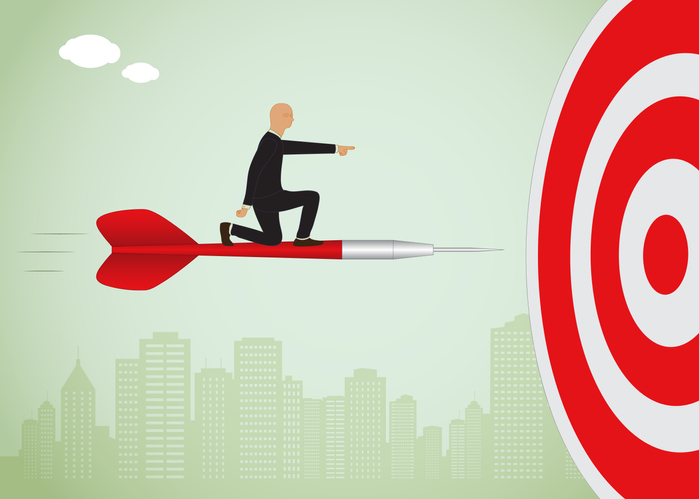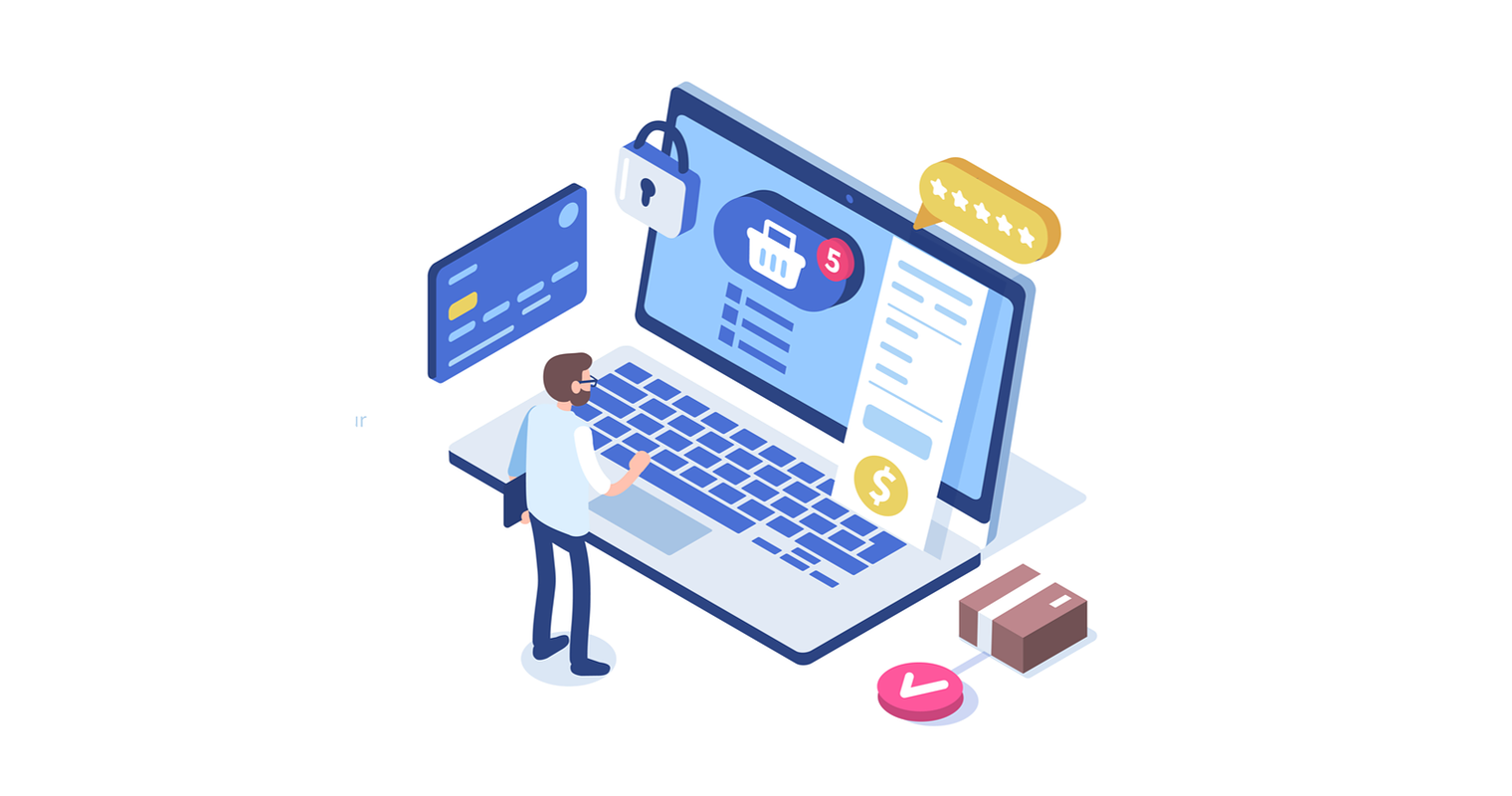
How long can you go without your phone? Do you have a difficult time putting it down and not looking at it? If so, you’re not alone.
Approximately 83% of Americans use their smartphone as an alarm clock and 80% of Americans check their phone within the first 15 minutes of walking. And a whopping 62% of people sleep with their phones next to them.
What is the impact of having a smartphone so close by, all the time? It’s huge, from many different perspectives. Read on!
What is the Impact of Social Media?

Whether it is like on their most recent selfie or even a reply to their comment, every little social media interaction leaves people wanting for more. It is not uncommon to find, especially now during the pandemic, people waking up and spending a good 10 minutes in bed with their phones before going about their day. This has a big impact on users’ mental health, something that’s been documented many times over.
Social media has made the world a much smaller place, and with all the distractions flying around, people’s lives are becoming more and more impacted by these distractions. Facebook, LinkedIn, Instagram, YouTube, Snapchat, WhatsApp, Twitter, and the rest are getting noisier, and their influence on everything else is changing as well. Everything has a trickle-down effect, and social media is no exception. Here are the impacts it has had on eCommerce, politics, and society in general, shaping the way we think and live. And it’s definitely growing.
Impact on eCommerce

Social media and other online platforms have changed the way consumers shop today. Not only do we spend time researching products and services, but brands also have the opportunity to send very targeted ads to us based on what we’re looking at and who we’re interacting with. This makes social media a big boon for commerce, specifically eCommerce.
- Chances are if you’ve heard about a product, you saw it first on Facebook. In fact, 73% of consumers have purchased something after hearing about it on Facebook. And that helped Facebook pocket a cool $26 billion in ad revenue in the first quarter of 2021. The impact of social media on e-commerce is huge. Brands effectively use different channels to get out different kinds of messages to different audiences. Facebook is used for informative messaging.
- Instagram has beautiful aesthetic photos and heartfelt captions, but that’s not all. On Instagram, around 130 million users tap on shopping posts each month and 500 million people use stories every day. Stories are a great and free way for brands to get their products, anecdotes, or any interesting content out to their consumers.
- Great brand stories make great videos and YouTube is full of them, and brands have jumped on the platform too. Around 40% of global shoppers say they purchased a product after hearing about it on YouTube.
With LinkedIn and Twitter, the social media platforms all contribute toward making a strong presence for a brand online. YouTube videos go viral quickly enough if the content is great, which helps Google pick it up and show it to viewers who might find it interesting. Brands take advantage of viewers’ short attention span by crafting quirky, informative, emotional, or celebratory tales that lead back to calls to actions that consumers take to make purchase decisions.
Impact on Politics

One in five U.S adults uses social media as the primary source of political news.
Such people may also be less aware and more susceptible to rumors or targeted content than people who relied on traditional sources of media.
The influence of social media in political campaigns has increased a lot over the years. Social media played a very important role in electoral politics, with former U.S. President Donald Trump using Twitter regularly, to get his desired message out to his followers. Since social media is a platform that has the potential to make anything go viral, politicians have seized the moment to push their campaigns and agenda.
Impact on Society

When was the last time you went to a party and didn’t later find a photo of you from that party on a friend’s Facebook or Instagram profile? Or when was the last time you uploaded an Instagram story yourself?
More and more people are spending increasing amounts of time online. Social networks feed off interactions among people. This helps the platforms–and ideas–grow. It is because of social media that anyone with marginal views can find like-minded people and hit it off.
If someone finds a bug in their soup, they get legitimately very angry, and now, have social media as a platform to express their displeasure. Such an incident can bring a major company to its knees, within days, no matter what its previous brand value. People online find each other quickly and don’t waste time.
Aside from the impact that consumers can have on brands, there are some negative implications that consumers have individually just from using social media. There is something called “Facebook Depression,” in which individuals who spend a lot of time on the platform start exhibiting some of the classic symptoms usually associated with depression. That is why staying connected with friends in person is a very important element of social life.
Social media has even affected the way people look at jobs. Recruiters often scan through people’s social media profiles to gauge what their personality is like before employing them. Sometimes, social media can be addictive, and interfere with productivity and work.
Another dark area of social media is cyber-bullying, which has become a very real thing and can cause deep emotional scars. There can also be identity theft, personal attacks, stalking, and misuse of information online.
Final Thoughts
/cdn.vox-cdn.com/uploads/chorus_image/image/67644576/impact_and_results_vox.17.png)
Of course, there are many people who use social media in a positive way. Artists spread art, and many people pick up skills thanks to videos they see on Facebook or YouTube. Social media can be a great tool in the hands of those who use it effectively, and there is no doubt it is here to stay. Read here about how you can use social media to leverage your own platform to your advantage.
